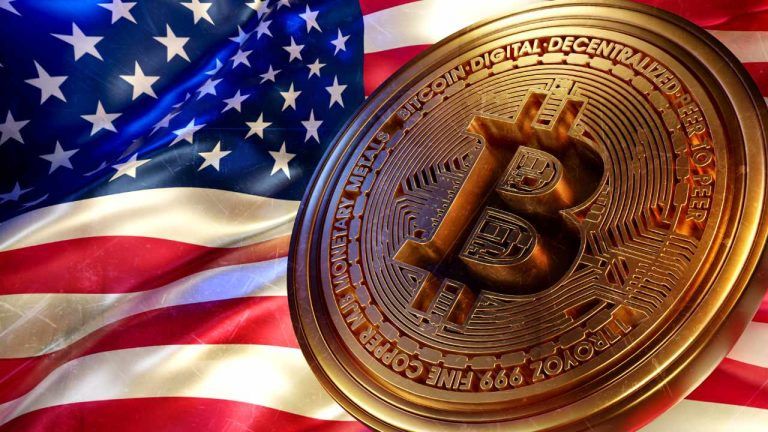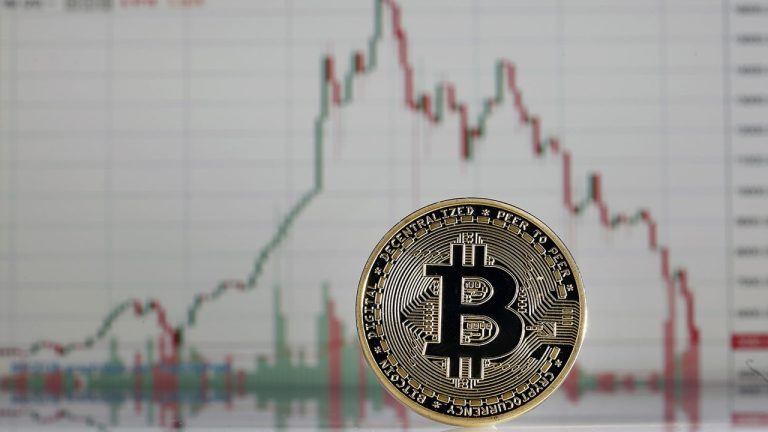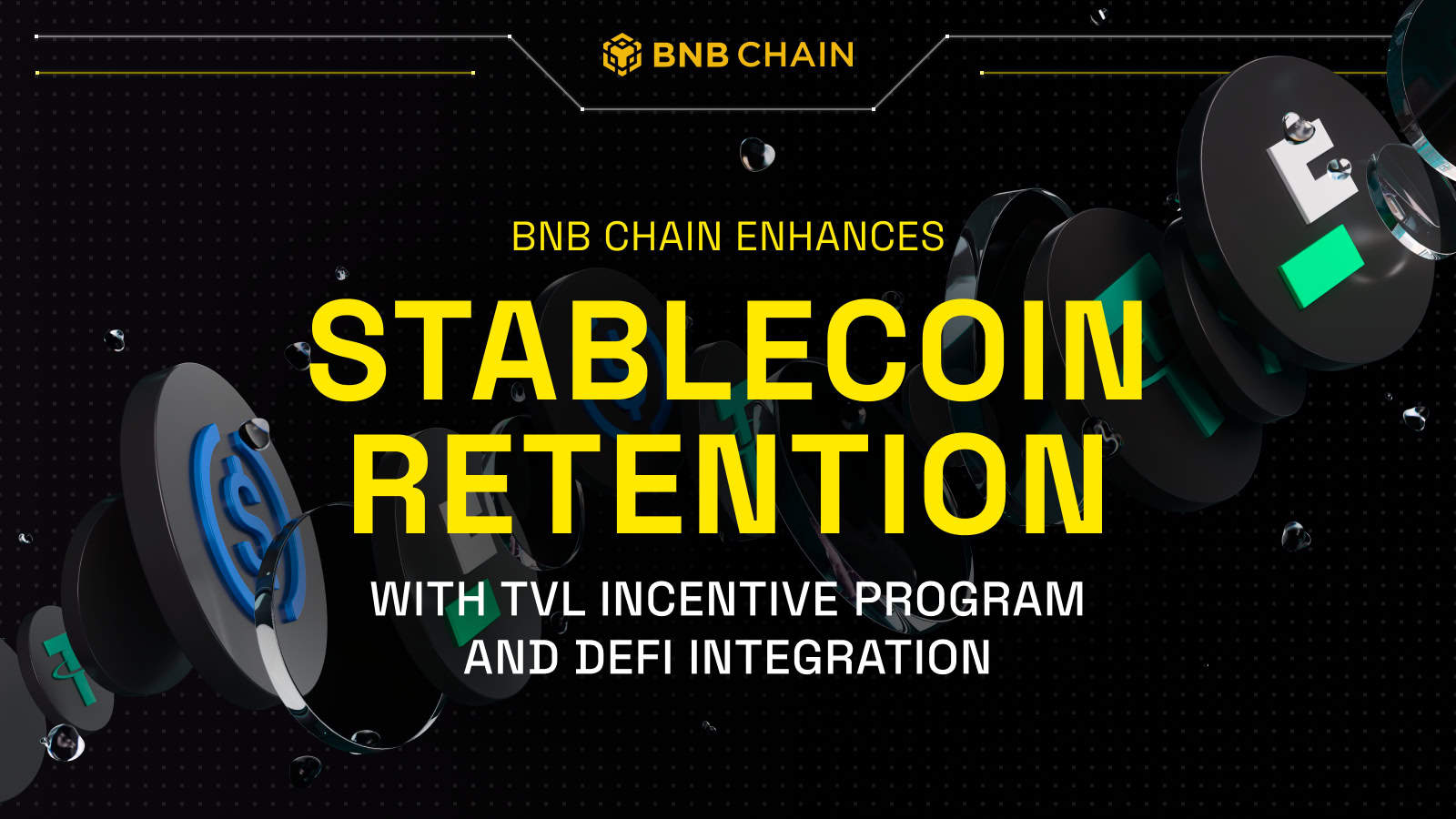ARTICLE AD BOX
In brief
- Donald Trump has embraced a pro-crypto platform as he runs for another term as United States President.
- But Trump hasn't always take this stance: He used to call Bitcoin a "scam" and said he wasn't a fan.
- Crypto is a growing wedge issue in the race between Trump and current VP Kamala Harris.
Next week, U.S. voters will pick the next president. And out of the two major party candidates, GOP nominee and former president Donald Trump has come out as the most Bitcoin-friendly.
“We want all remaining Bitcoin to be made in the USA,” he said in June on his social media platform Truth Social.
Trump has now branded himself as a crypto-friendly candidate ahead of November’s divisive election, bringing in millions of dollars in cash and digital asset donations from Silicon Valley tech leaders.
But it wasn’t always like this. Despite the Republican presidential nominee now calling for domestic Bitcoin production, he was once a staunch crypto critic. So, how did we get here?
I am not a fan of Bitcoin and other Cryptocurrencies, which are not money, and whose value is highly volatile and based on thin air. Unregulated Crypto Assets can facilitate unlawful behavior, including drug trade and other illegal activity....
— Donald J. Trump (@realDonaldTrump) July 12, 2019
Trump’s most defining early comment on cryptocurrency dates back to 2019, when as president he made it clear he didn’t like Bitcoin.
“I am not a fan of Bitcoin and other cryptocurrencies, which are not money, and whose value is highly volatile and based on thin air,” he said on Twitter at the time, before slamming Facebook’s plans for a digital currency.
“We have only one real currency in the USA, and it is stronger than ever, both dependable and reliable,” he added. “It is by far the most dominant currency anywhere in the world, and it will always stay that way. It is called the United States dollar!”
Trump reiterated his beliefs during a Bitcoin bull run in 2021. “Bitcoin just seems like a scam,” he said on Fox Business, repeating that he wanted the dollar to be the world’s top currency.
Entering the NFT world
It took a long time for him to explicitly say he liked the top cryptocurrency, and the journey started with an unlikely crypto craze: NFT collectibles.
By the end of 2021, after Trump had left the White House, his wife Melania announced her plans for a Solana-based NFT collection. Solana Labs clarified that it had nothing to do with the collection launching on the blockchain, and Trump continued to slam crypto as “dangerous” despite his wife’s venture.
The next year, however, the former commander-in-chief launched his own NFT collection. Minted on Ethereum scaling network Polygon, the digital trading card collection was at first ridiculed—but it still sold out quickly and made millions of dollars.
Trump later said that he only launched the collection because he thought they were “sort of cute.” He has since launched more collections on Polygon, and even minted some of the third set on Bitcoin via the Ordinals protocol. A fourth collection launched in August 2024 with the largest number of NFTs to date.
Trump has even claimed that the success of his NFT collections, and the surprising number of buyers who used cryptocurrency rather than fiat currency, helped change his perspective on Bitcoin and cryptocurrency.
A digital wallet tied to the ex-President by blockchain analytics firm Arkham Intelligence shows that he has raked in millions in royalties from the NFTs—and also holds some of the biggest unofficial Trump meme coins, which likely were sent to the wallet without Trump's knowledge or consent.
Trump's crypto embrace
But it was just this year when Trump really upped the pro-crypto talk. “I make money with it, I have fun with it too,” Trump said in a March interview with CNBC’s Squawk Box. “Crazy new currencies, that’s what I call them.”
Then, while hosting holders of his NFTs at his Mar-a-Lago resort in May, he told the crowd he was “good with” crypto—and slammed Biden and the Democrats for being “against it.” Many saw the event as a turning point in crypto policy conversations.
Now, along with his recent declaration of support for U.S. Bitcoin mining, the digital asset space has become a prominent talking point of his campaign as he tries to win over the crypto community.
Rumors dropped in May that the world’s richest man and biggest donor to the Trump campaign, Elon Musk, has been advising the presidential hopeful on a crypto strategy. (Musk denied the reports.) In July, the Republican party issued a draft party platform that explicitly mentioned crypto—a first for the industry.
After surviving an assassination attempt in July, the business mogul and former reality TV star earned Musk’s public endorsement, as well as support from many other prominent names in the digital asset space. And major crypto figures like the Winklevoss twins of Gemini and Kraken founder Jesse Powell have donated sizable sums to Trump.
Trump selected Senator J.D. Vance as his pick for running mate, with the potential Vice President seen as a pro-crypto candidate who previously disclosed Bitcoin holdings of between $100,000 and $250,000 back in 2021.
But the most tangible sign of Trump’s embrace of crypto came when he spoke at the 2024 Bitcoin Conference in Nashville, Tennessee. There, he promised the crowd that he would build a “strategic Bitcoin stockpile” for the country and that his plan was to turn the U.S. into the “crypto capital of the planet.”
The Trump family then teased a decentralized finance (DeFi) project dubbed World Liberty Financial, with Trump himself posting multiple social media teasers during the initial rollout.
The ex-President’s son Donald Jr. has hinted that the crypto platform will be egalitarian. “For too long, the average American has been squeezed by the big banks and financial elites. It's time we take a stand—together,” he said on Twitter (aka X).
Then, a day after the second attempt on his life, Trump launched the project during a live interview with Rug Radio (Decrypt’s sister company). World Liberty Financial aims to offer borrowing and lending services for cryptocurrencies on Ethereum’s network. An initial token sale for the project in October proved unpopular, but the team is pressing on, with sources recently telling Decrypt that World Liberty Financial plans to issue its own stablecoin.
In addition to those endeavors, Trump is also surrounding himself with the crypto faithful. Bitcoin bull Robert F. Kennedy Jr. suspended his campaign to endorse Trump, and then joined Trump’s transition team. And orange-pilled Cantor Fitzgerald CEO Howard Lutnick is also part of Trump’s political squad, serving as co-chair of his transition team.
Even Elon Musk, who has been promoting Trump during his latest rally tour, is an outspoken Dogecoin (DOGE) fan. Trump has said that if elected, Musk could run a potential cost-cutting Department of Government Efficiency—and the D.O.G.E. acronym, which mirrors Dogecoin's ticker, is probably no accident. The latest hype has helped pump Dogecoin's price.
Trump last month also became the first former leader of the U.S.—that we know of—to use Bitcoin to buy something. At the popular Bitcoin-themed bar in New York City, PubKey, the ex-President bought burgers for supporters using the cryptocurrency. “It’s the beginning of a new era,” he said, referring to the digital asset industry.
If the GOP candidate does get a second shot at running the U.S., however, how much of his new crypto-friendly rhetoric will be put into practice? BitMEX founder Arthur Hayes doubts his sincerity, while Ethereum creator Vitalik Buterin broadly warned voters about blindly supporting "pro-crypto" candidates whose values don't align with the space—though Buterin didn't name names.
Still, some policy experts told Decrypt that they believe that Republicans will follow through on their promises—or at least that a potential Trump administration is likely to be less hostile to crypto than Biden's current approach.
Edited by Andrew Hayward
Editor's note: This story was originally published on July 19, 2024 and last updated with new info on November 1.
Daily Debrief Newsletter
Start every day with the top news stories right now, plus original features, a podcast, videos and more.
 (1).png) 3 weeks ago
28058
3 weeks ago
28058









 English (US) ·
English (US) ·